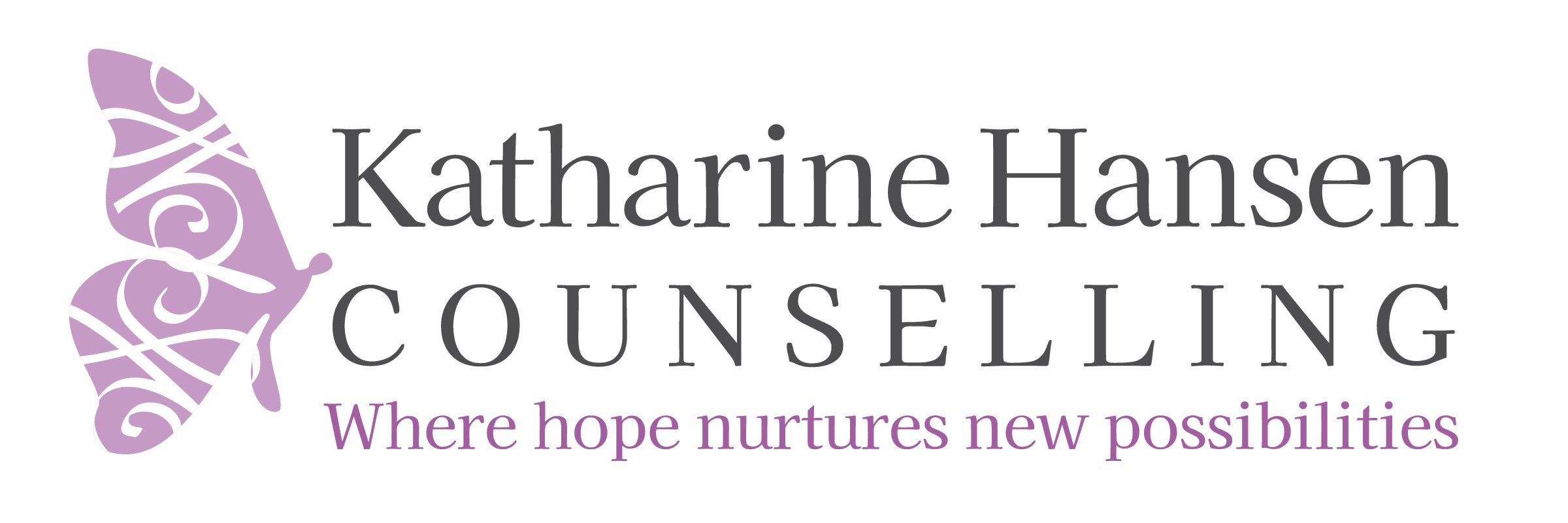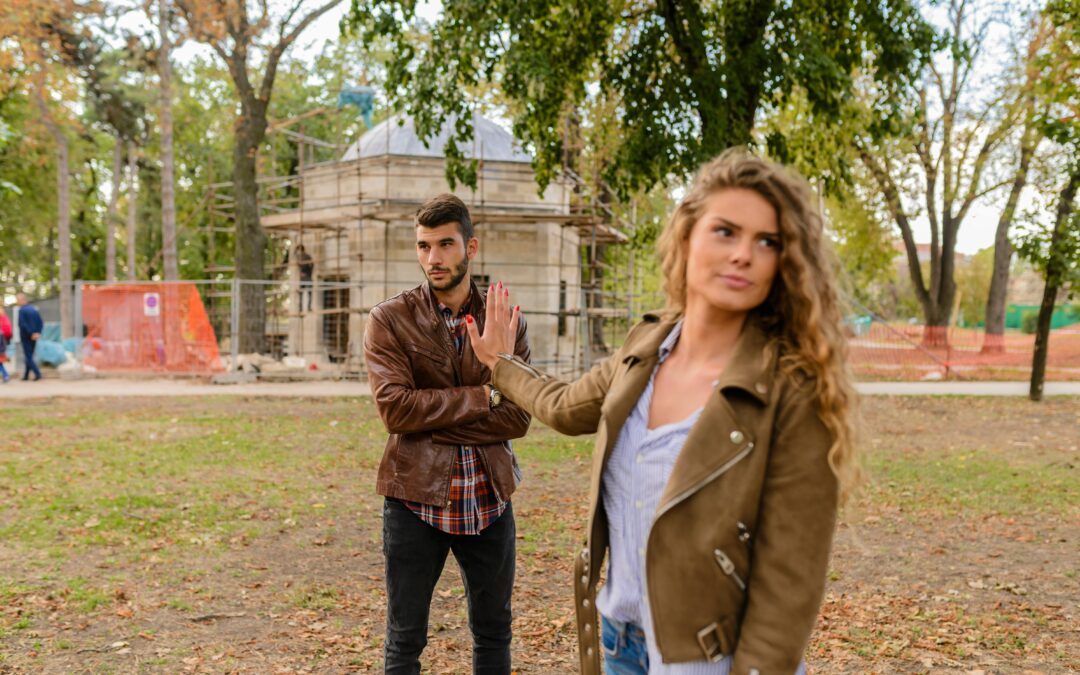Relationships are complex and dynamic, and even the strongest bonds can face challenges that leave lasting scars. Whether it’s the result of ongoing conflict, betrayal, or a significant life change, these wounds can cause deep pain and create barriers to connection and trust. However, these wounds don’t have to be permanent. Individual counselling offers a pathway to healing and rebuilding, providing clients with the tools they need to mend their relationships and move forward.
Counselling can help heal past wounds and strengthen connections, offering support and guidance for those seeking to repair and rebuild their relationships.
Identifying the Source of Pain
Before healing can begin, it’s crucial to identify the root causes of conflict or pain within a relationship. This is where individual relationship counselling plays a vital role. A trained counsellor creates a safe, non-judgmental space for clients to express their feelings and explore their perspectives. Through open dialogue, clients can uncover underlying issues that may have gone unaddressed, such as unmet needs, unresolved resentments, or past traumas.
In many cases, the pain in a relationship isn’t just about surface-level issues, such as frequent arguments or disagreements, but rather about deeper emotional wounds. These wounds could stem from feelings of betrayal, whether through infidelity, broken promises, or a perceived lack of support. By helping clients understand the root of their pain, counselling can lay the foundation for genuine healing.
The Process of Forgiveness and Healing
Forgiveness is a critical component of the healing process, but it can be challenging to achieve without guidance. In individual relationship counselling, clients are encouraged to explore what forgiveness means to them and how it can be attained. This process involves acknowledging the hurt and working through the emotions associated with it—whether those emotions are anger, sadness, or fear.
Counselling helps facilitate forgiveness by fostering empathy, even in situations where it may feel difficult. As clients come to truly understand their own feelings and how they relate to their relationships, it becomes easier to move past the hurt and begin the process of letting go. Forgiveness doesn’t mean forgetting or excusing harmful behavior, but rather choosing to move forward without allowing past wounds to dictate future interactions.
Healing also involves rebuilding emotional intimacy. In relationship counselling, this might mean learning how to reconnect emotionally with a partner or loved one after a period of distance or conflict. Clients may be introduced to exercises or activities designed to help them strengthen their ability to communicate and reconnect with others on a deeper level, fostering an environment where healing can take place.

Rebuilding Trust Step by Step
Trust is the cornerstone of any healthy relationship, and when it’s been broken, rebuilding it can be a slow and deliberate process. Individual counselling provides a structured approach to rebuilding trust, allowing clients to take small, manageable steps towards restoring their faith in their relationships.
One of the key strategies in rebuilding trust is consistent, open communication. Katharine will work with her clients to help them establish new patterns of communication that prioritize honesty, transparency, and active listening. This might involve setting aside regular times for personal reflection or learning how to express feelings and needs in a way that is constructive rather than confrontational.
Another important aspect of rebuilding trust is accountability. In relationship counselling, individuals are encouraged to take responsibility for their actions and make amends where necessary. This might involve apologizing for past mistakes, demonstrating a commitment to change, or following through on personal growth strategies developed during counselling. By consistently showing up for themselves and their relationships, trust can gradually be rebuilt from within.
Strengthening the Relationship Moving Forward
Once the initial wounds have begun to heal and trust is being rebuilt, it’s important for individuals to focus on maintaining healthy relationships moving forward. Counselling doesn’t just help repair what’s broken; it also equips clients with the tools they need to prevent future conflicts and build stronger, more resilient connections.
This might involve learning new coping strategies for managing stress or conflict, setting personal boundaries that protect the relationship, or continuing to practice the communication skills developed in counselling. Many people find that ongoing counselling, even after the original situation has passed, can be beneficial in maintaining the progress they’ve made and continuing to strengthen their relationships.

Healing the wounds in a relationship is not an easy task, but it is possible with the right support and guidance. Individual counselling provides a safe space to identify and address the root causes of pain, foster forgiveness and empathy, and rebuild trust step by step. By focusing not only on repairing what’s broken but also on strengthening the relationship for the future, counselling offers a path towards lasting healing and connection.
If you’re struggling to heal past wounds in your relationship, consider seeking professional support. At Katharine Hansen Counselling, we are here to help you rebuild and strengthen your relationships. Contact us today for more information on our Kelowna relationship counselling services to book an appointment and take the first step towards healing.

